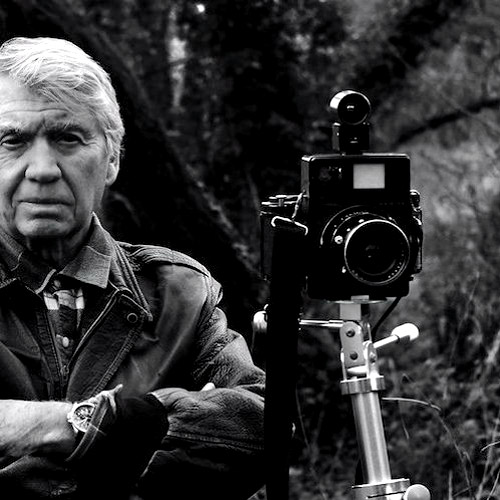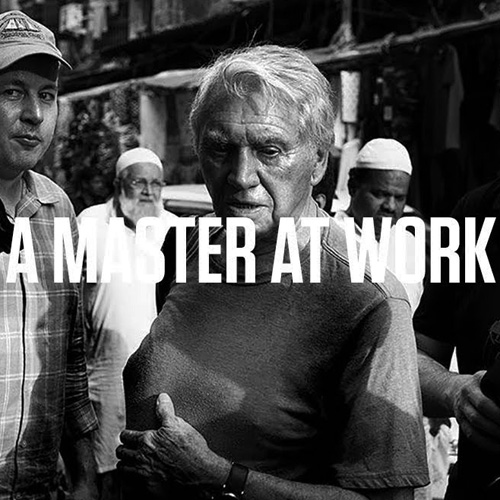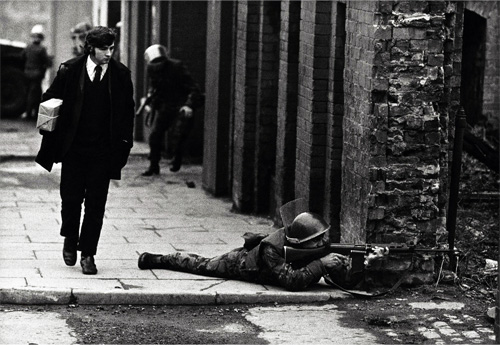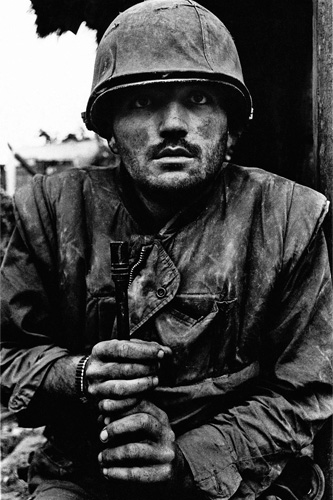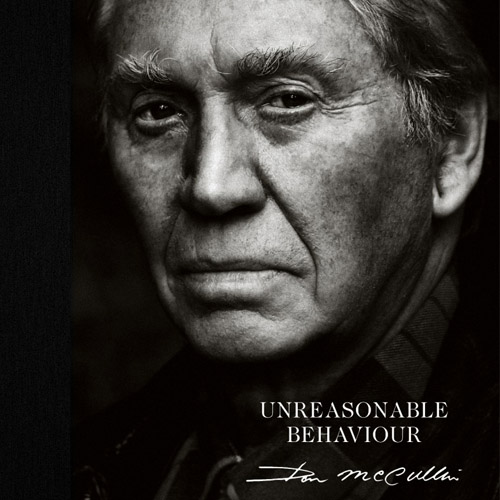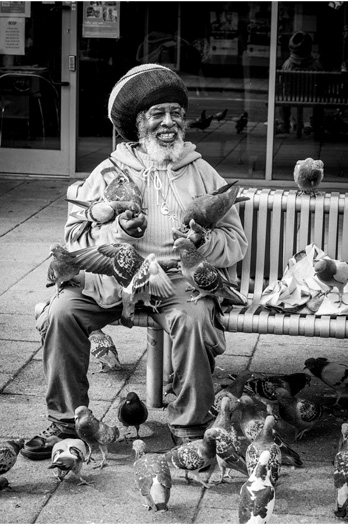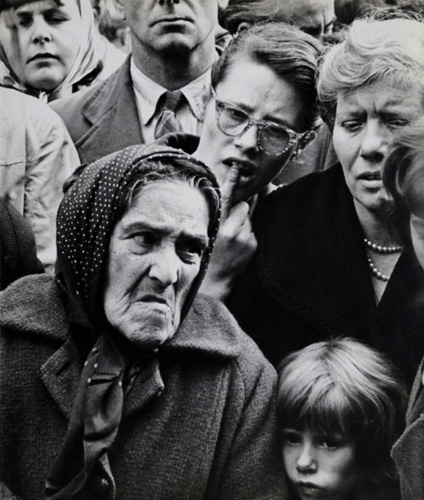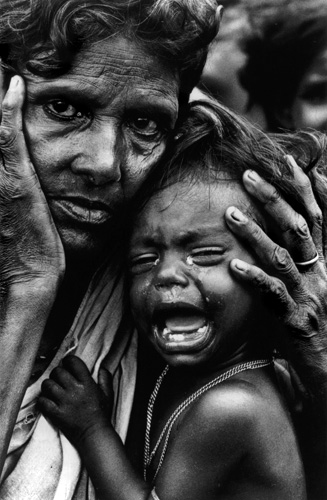Photojournalism Hero
As a photographer, there are other few other photographers that provide both inspiration and aspiration. Don McCullin is one of the few. I have followed his work for many years and recently acquired his more recent IN ENGLAND book which illustrates so well his ability to photograph anything to the highest, most creative and emotional level. So I felt it was time to celebrate this great photographer by featuring this piece by Lucy Fulford, together with details of his latest collection, DON McCULLIN IRRECONCILABLE TRUTHS.
With a career that spans over 60 years, Sir Don McCullin is one of the most respected documentary photographers of all time. Here we look at his catalogue of the brutal and the beautiful, speak to the people who know him best, and hear from the man himself.
In the same conflict that gave the world Don’s striking portrait of a shell-shocked American soldier, he also came across a man dying from catastrophic head wounds. “One day in Vietnam, I saw a soldier with two bullets in his face,” he says. “I probably could have got one of the most extraordinary portraits ever seen, but I felt it wasn’t the right thing to do. When I look at someone dying, I must trust that person. This man, with his agony, with his eyes – he couldn’t use his mouth or anything – was saying, ‘Don’t do it,’ and I didn’t. Who cares about one of the best portraits in the world? Photography doesn’t belong to you. Whatever opportunities come along, you’ve got to make sure that you can take them with conscience.”
“I probably could have got one of the most extraordinary portraits ever seen, but it wasn’t the right thing to do.”
For Don, who has travelled the globe creating everything from social documentary and war reportage through to portraiture and landscape, all photography comes down to something simple: “Integrity and honesty are the most important things that I think a photographer must maintain.”
Don’s conflict and catastrophe reporting has seen him covering the Vietnam War, the troubles in Northern Ireland and Cambodia, the Israel-Palestine conflict and the AIDS epidemic across Africa – capturing moments of untold suffering. Preserving an honest, sensitive approach is of even greater importance when photographing people at their lowest moments.
For Don, creating photojournalism under such circumstances requires an emotional commitment. He believes it’s up to each photographer to set their own parameters of acceptability amid the trauma, so that they are able to stand by their actions in retrospect. Throughout his years shooting in often devastating surroundings, Don has been “careful, even slightly evangelistic” about ensuring he captures suffering both sensitively and with a view to raising awareness of its existence – never with a view to sensationalise or profit from it.
“The most important thing in the world is to have sensitivity,” he says. “If you don’t have it, you shouldn’t pick the camera up, you shouldn’t get on the airplane, and you shouldn’t stand in front of dying and injured people.” Such a sense of responsibility is reflected in the slow approach the photojournalist has taken in getting to know subjects – when time allows. “Years ago, I shot a set of pictures of homeless people in England,” says Don. “But the first week I went and got near them, I didn’t take my camera. And then a week later I took my camera, and I brought it out from under my overcoat and started gently taking pictures, and the people all started twitching and jerking. I thought any minute there was going to be some violence coming, but there wasn’t.”
It is his belief that photography is a form of theft: “You must persuade yourself that you are stealing something that doesn’t rightfully belong to you. You’re stealing other people’s images.” Such ideology has informed his craft throughout the years, ensuring he takes nothing for granted – he understands where his personal line in the sand lies, and respecting the dying man’s final wish in Vietnam is an example of it.
“Photography has been an amazing love affair – but at the same time it has also tormented me.”
Looking back over his 60-year career and “love affair” with photography, Don says he felt the craft chose him – creating a powerful and sometimes challenging force in his life. “Photography has been an amazing love affair,” he says. “I fell in love with photography accidentally – it chose me, I didn’t choose it. But, at the same time, photography has tormented me.” And, given the high moral standards Britain’s most respected photojournalist holds himself to, this comes as no surprise.
Written by Lucy Fulford
To find out more about the latest EOS 5D camera, the EOS 5D Mark IV, which Sir Don shot with during his recent shoot in Kolkata, visit the product page. And to see the documentary Canon Ambassador Clive Booth made about Don’s trip, click here: https://www.canon.co.uk/pro/stories/don-mccullin-kolkata-film/
https://www.canon.co.uk/cameras/eos-5d-mark-iv/
https://donmccullin.com/don-mccullin/
Page: 1 2
|
|

|

The All-American Rejects |
LATEST GALLERY IMAGES
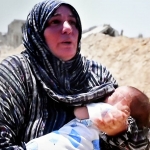
While Netanyahu Speaks 
In Whose Name? |
|
|


